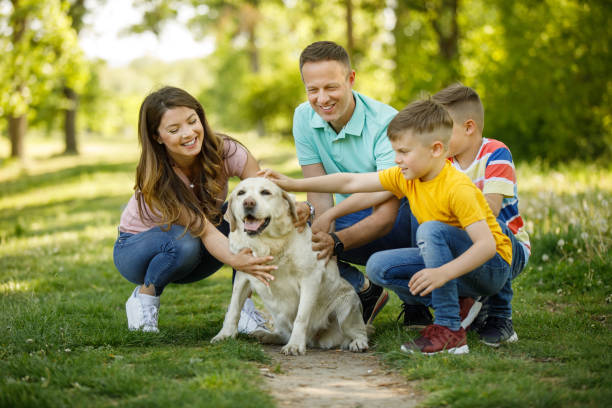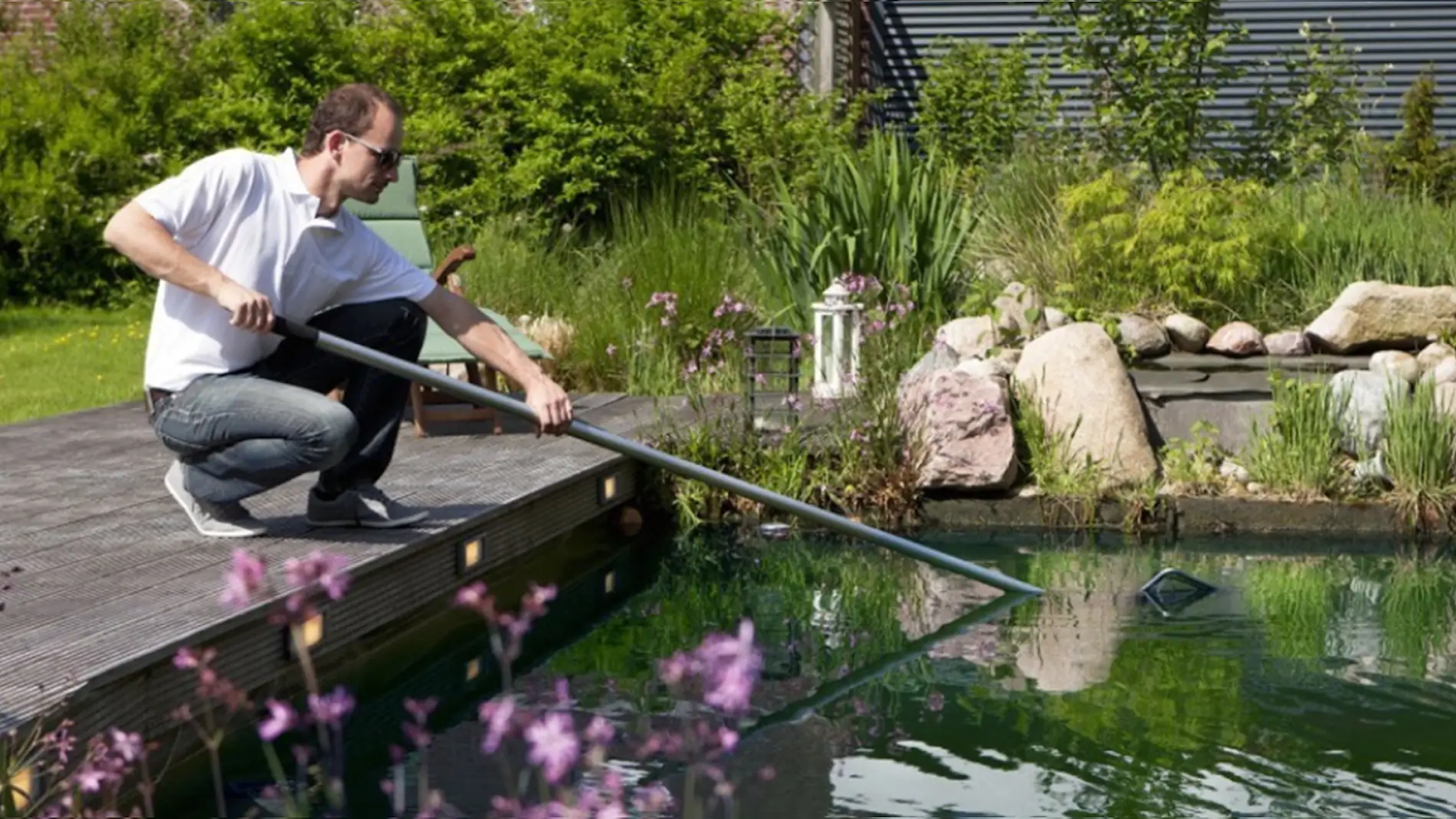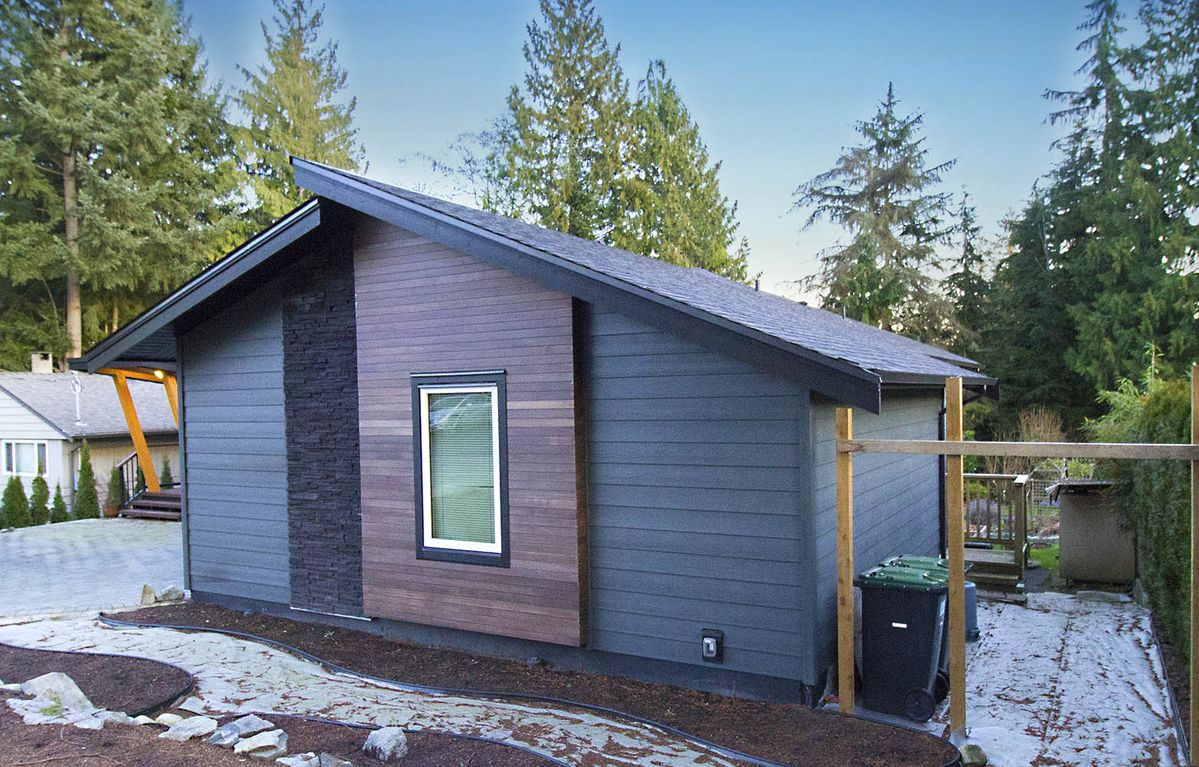The choice of a pet for your family is a major choice. You’re inviting a new pet to your home, into your routine, and into your daily routine. A well-matched dog brings peace as well as connection and joy to everyday life; however, an unsuitable match can cause stress for everyone involved, including the dog. If you’re committed to making the right decision, begin by taking an objective assessment of your lifestyle and the kind of dog that is going to work well in it.
Begin With How Your Family Lives
Every home is different. Some are noisy and energetic. Some are quieter and more calm. Before you look into particular breeds or sizes, take note of your everyday routine. Consider the amount of time you’re allowed to spend at home, the frequency you’re there, and how active your family is.
Some dogs are happier in a large house with a constant presence. Others prefer quiet environments with fewer distractions. Picking a dog who is compatible with your surroundings is more important than deciding on one based solely on appearance or popularity. You could also begin exploring the most popular breeds for family dogs, such as the Golden Retriever, Labrador Retriever, or Standard Poodle, which are loved for their gentle temperament and good chemistry with children.
If you’re looking to start exploring, you’ll see several puppies available for rehoming through rescue organizations and trustworthy breeders. The most important thing is to determine the type of dog you’re seeking before you begin. Making sure you match your dog’s needs to your own lifestyle will keep you from stress and provide your dog with an increased chance of success.
Size Doesn’t Tell the Whole Tale
It’s easy to believe that smaller dogs are more comfortable to handle, or that larger dogs require larger spaces; however, the size of a dog isn’t enough to tell how a dog behaves. A dog that is small dog could be over-stimulated and demanding. A larger dog may be calm, peaceful, and easy to get along with.
The most important thing is your energy level. A dog with a lot of energy may be more difficult to control than a larger dog who’s content taking some short walks. Consider your own pace and select one that will fit into it, not one that continually pushes against it.
If you have children, be aware of the relationship. A large dog could be too powerful for a young child. A small dog could be too fragile to handle rough hands. Large-sized dogs who are steady and calm are often a great fit for homes with young children and are especially suitable if you’re prepared to put in time into dog training to help your dog adjust to the household environment.
Trends Come After Temperament
It’s easy to be drawn to a particular breed simply because it’s popular or simple to locate. However, that doesn’t mean it’s the right fit. How the dog behaves is more important than any other aspect.
Some dogs are naturally gentle and sociable. Some are more alert or impulsive. They’re not necessarily undesirable dogs, but they may not work in a noisy or chaotic home. Be sure to consider what nature of the behavior you’re able to manage and how to create the most harmony in your home.
Mixed breeds are something to think about as well. They can have different temperaments and are able to adapt well to life with family. Fosters and shelters usually offer a better insight into what dogs are like, and can assist you in making a more informed decision.
Adult or puppy? Recognize the Difference
Puppies are adorable, but they are also a chore. They require house training as well as structure and supervision. If you’re in a hurry or are already juggling a lot of other things, a puppy could be too much for you.
Adult dogs tend to be calmer. They are trained in many cases and don’t require more attention during the day. Their temperaments remain more stable, making it easier to evaluate them at the beginning. A short wellness exam will also provide you with an idea of their overall health before taking them home. If you have a family with a large plate, this could be a good option.
Obviously, raising a puppy is a wonderful experience if you’ve got the perseverance and time. It allows you to mold the habits of your puppy and form an emotional bond right from the start. This also provides you with the full experience of training starting from scratch and can aid in building trust and trust over time. It’s just about being honest about the things you’re willing to be willing to commit to and not what you’d like to come up with in the future.
Listen to Everyone
If you’re considering a pet to bring home with you, it must be a joint decision. Everyone is affected, which is why it’s logical that everyone has an input. This includes children who are mature enough to know the meaning of caring for pets.
Discuss who will be responsible for what. Walking, feeding, cleaning, and even training are all a part of it. If the roles are clear, it is easy for the dog to get settled in and for the entire family to remain steady. Dogs thrive when their routines are simple and constant.
If you are able, get to meet the dogs first. Pay attention to how they react to everyone within your home. Some dogs respond immediately. Some take a while. It’s all about how they respond to the energy that is in your space. You’ll be able to tell when something feels right.
Final Words
There’s no one perfect dog, but there’s one that’s perfect for your household, lifestyle, and way of life. Take your time. Ask questions. Be honest about your boundaries. The aim isn’t to find the most adorable, smartest, or most well-trained dog in the world. It’s finding the dog that makes the tough days easier and the great days more enjoyable.





